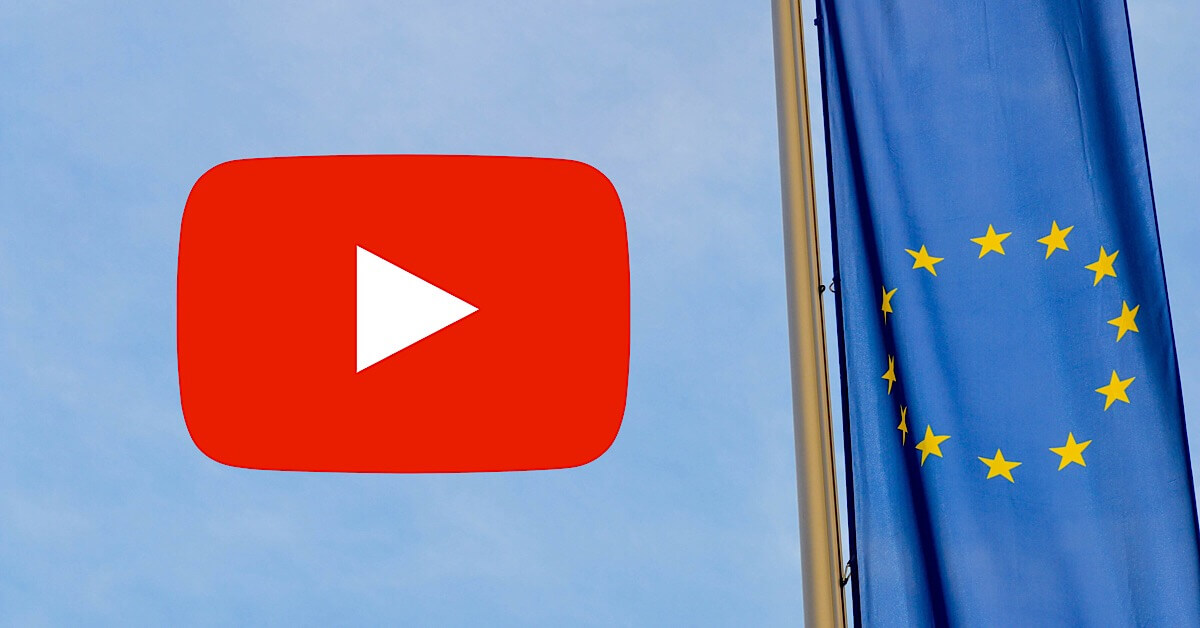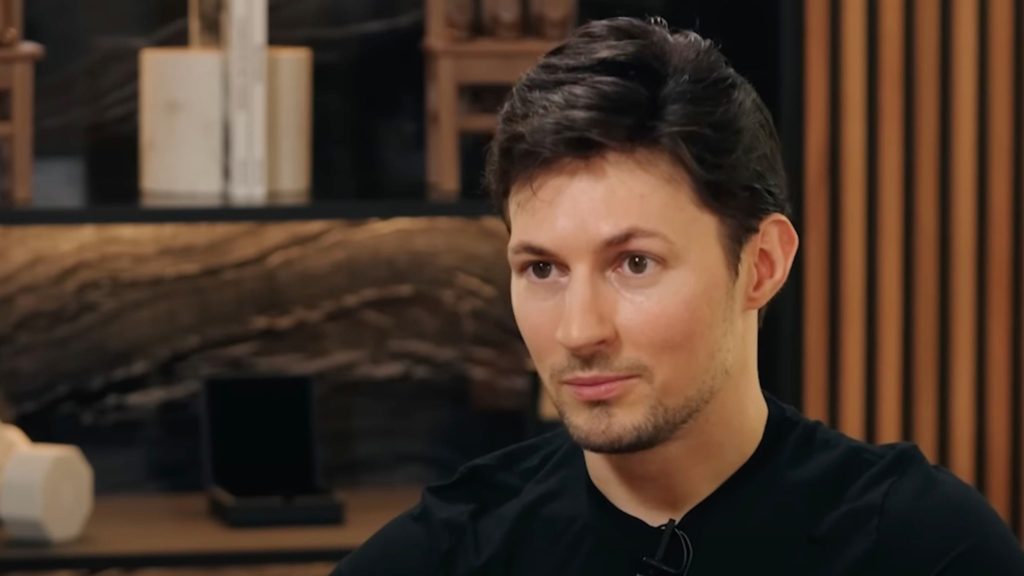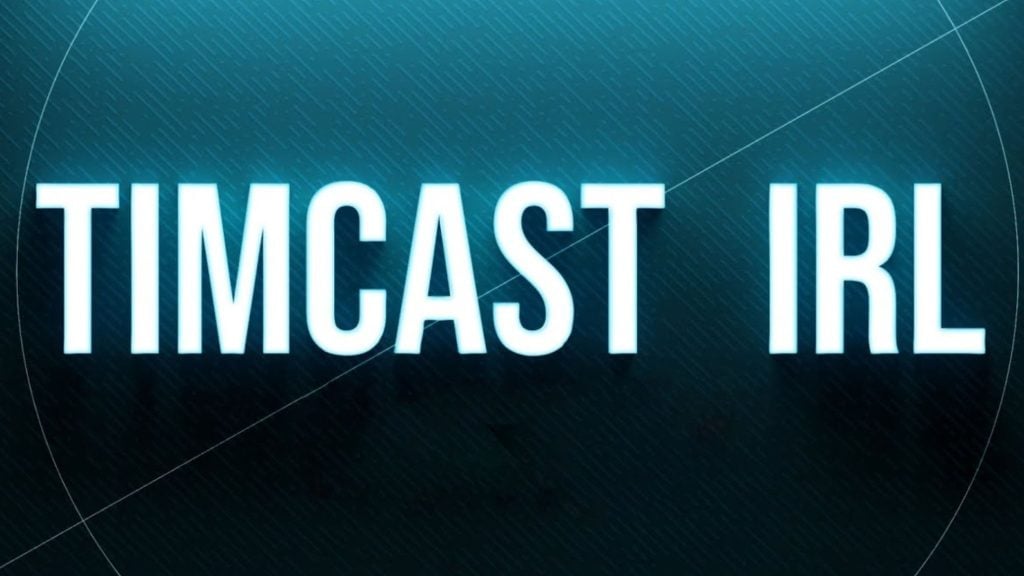In a shocking new statement, the EU (European Union) Copyright Directive’s main proponent Axel Voss has said that we have to question whether platforms such as YouTube should exist.
Voss made the statement in an interview where he was asked for his thoughts on the potential negative impacts the Directive could have on sites that host user-generated content. Here’s his response:
We all have legal obligations to fulfill. If you have a massive platform like YouTube you will have to use a technological solution. Everyone has these obligations. They have created a business model with the property of other people – on copyright protected works. If the intention of the platform is to give people access to copyright protected works then we have to think about whether this kind of business should exist. The new legislation is improving the situation for the European creators industry.
There are two main ways we can interpret this statement from Voss and unfortunately, both interpretations mean the worst fears around Articles 11 and 13 of the EU Copyright Directive will be realized.
Article 11 will require people to get a license when sharing links with more than a few words from the original text and Article 13 will require online platforms that host user-generated content to install an upload filter that checks for and blocks copyrighted content.
Many people are concerned that Article 11 will prohibit the sharing of information online and Article 13 will block commentary, memes, parody, and other types of content that use copyrighted material but are protected under fair use laws.
Collectively, these laws will have a negative impact on internet culture as we know it and make it difficult for smaller internet platforms that host user-generated content to survive.
If we interpret Voss’s statement to mean that he really is questioning if sites that host user-generated content have the right to exist, it means that supporters of the EU Copyright Directive are likely to use this legislation to go after mainstream social media sites such as YouTube, alternative platforms such as BitChute and Gab, online forums, and any other sites that host user-generated content, without considering whether the content they host is protected under fair use laws.
This would mean most of the commentary, memes, parody, and other types of user-generated content we see and enjoy online today would disappear under the EU Copyright Directive.
The alternate explanation is that Voss is questioning these sites’ right to exist without really understanding internet culture and that he’s simply unaware that sharing commentary, memes, parody, and other creative works that use copyrighted materials under fair use laws is part of that culture.
While this explanation is less malicious, the impact would be just as harmful and it would mean that he’s negligently pushing a Directive that would prohibit the sharing of many of the most popular types of user-generated content that we see today.
If you’re wondering how someone who’s the main supporter of the EU Copyright Directive could be so negligent and unaware of the negative impact passing this Directive would have on the internet, you only need to look at some past statements made by MEPs (Members of the European Parliament) to get a feel for how warped their understanding of internet culture really is.
Fortunately, there is still time to stop Articles 11 and 13 of the EU Copyright Directive. The final vote in the European Parliament is currently scheduled for the week commencing March 25 and it’s happening around the same time a lot of the MEPs are up for re-election. This means you can make your concerns about the EU Copyright Directive known and encourage your MEP to vote against Articles 11 and 13.
Here’s how to take action and stop the EU Copyright Directive:
- Find the contact details for your local MEP, and tell them that you want them to oppose Articles 11 and 13 of the EU Copyright Directive. The more people that do this, the more likely it is that MEPs will reject this Directive.
- Sign the “Stop the censorship-machinery! Save the Internet!” petition. This record-breaking petition has almost 5,000,000 signatures and signing it is a great way to spread awareness of the negative impacts of the EU Copyright Directive.
- Register to vote in the European elections and vote to re-elect your MEP if they oppose Articles 11 and 13. This is a great way to use your vote to support an issue you care about and also have a positive impact on internet culture.
- Spread awareness of the negative impact of the EU Copyright Directive and how important it is to encourage MEPs to vote against this Directive. You can do this in person if you’re an EU citizen by talking to people you know about how Articles 11 and 13 could have a negative impact on their internet experience and encouraging them to get in touch with their MEP to ask them to oppose the EU Copyright Directive. You can also do this online by sharing information about the EU Copyright Directive on social media, your blog, or any other online platforms to spread awareness and highlight just how damaging this Directive will be.
The final vote on the EU Copyright Directive is less than two weeks away. Take action, spread the message about how harmful Articles 11 and 13 will be, and let’s get this EU Copyright Directive voted down.
Click here to display content from www.bitchute.com
If you're tired of censorship and dystopian threats against civil liberties, subscribe to Reclaim The Net.









